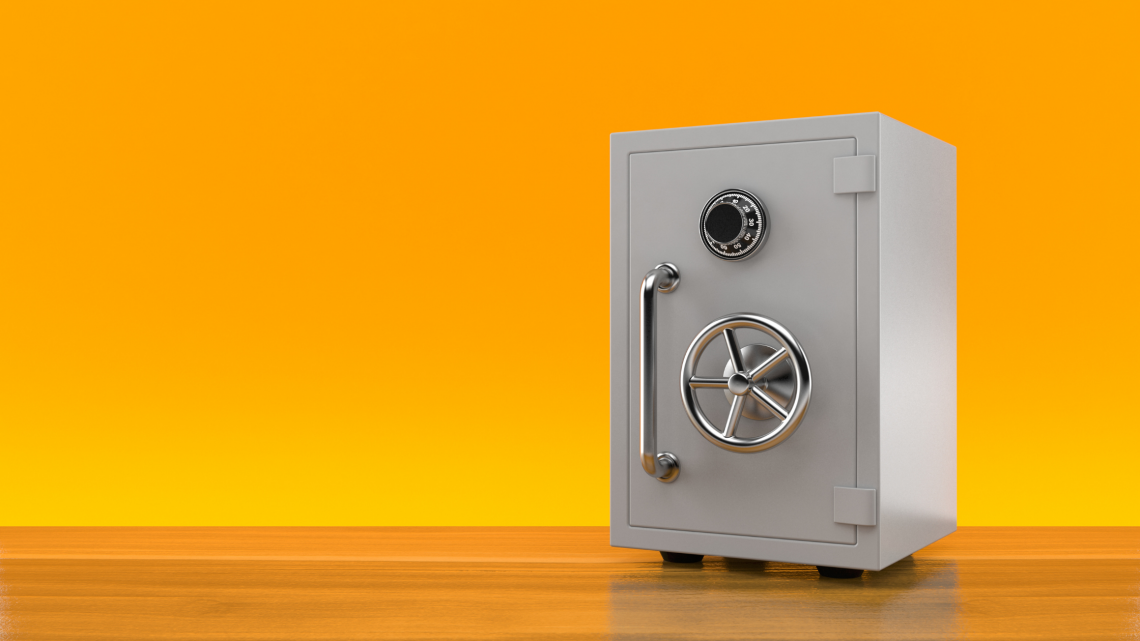
How safe is your crypto?
November 19, 2022We take a look at what assets some of the biggest Cryptocurrency Exchanges hold and what measures they have in place to keep your Crypto safe.
With some of the biggest exchanges in the cryptosphere going under in recent months it’s no wonder investors are trying to scramble to safer shores. With few exchanges still standing, how safe are they? We looked at some of the most popular exchanges to see what steps they are taking to stay afloat in these shark infested waters.
Binance
As part of Binance’s ongoing commitment to transparency they have shared a list of their wallet addresses.
Here is a brief overview of their holdings, only major tokens on BTC, ETH, BSC, BNB, and TRX networks are included in the list released by Binance. However, the exchange has committed to releasing a complete set of data, which will be shared later in their full audited report.
457,000 Bitcoin
4,8 Million Ethereum
17.6 billion USDT
21.7 billion BUSD
601 million USDC
58 million BNB

In terms of user protections Binance launched their Secure Asset Fund for Users (SAFU) in 2018. This emergency insurance fund is designed to protect Binance users in extreme situations. This fund currently sits at $1 Billion.
Crypto.com
After having their own liquidity called into question, Crypto.com CEO Kris Marszalek and his team put together a handy dashboard provided by Nansen to help users easily track the exchanges assets.

Nexo
Although Nexo has yet to disclose their full portfolio they have announced that their Native Nexo token makes up less than 10% of their portfolio. The exchange has echoed Binance CEO Changpeng Zhao’s sentiments that you should “Never use a token you created as collateral.”
The exchange also subscribes to real-time reserve verification, something that their Co-founder Antoni Trenchev promotes as “one of the ways forward that could drive the space out of this mess”. The audit is powered by PCAOB-certified auditor and leading US accounting firm, Armanino LLP. By providing a real-time audit of Nexo’s custodial assets Nexo aims to highlight that their assets always exceed customer liabilities.
The exchange also boasts a comprehensive network of custody partners and insurance providers such as BitGo, Ledger Vault, and Bakkt, among others. Collectively, they carry $775 million in insurance protection on custodial assets via the most prestigious underwriters, including Lloyd’s of London, and Marsh and Arch.
Coinbase
As Coinbase is publicly traded the company’s financial statements are publicly filed and audited. These statements reveal that the company’s assets are mostly held in USD a whopping $5.6 billion to be exact.
Additionally, Coinbase carries crime insurance that protects a portion of their digital assets against losses from theft, including cybersecurity breaches. However, this does not cover losses resulting from breaches of personal accounts due to hacking or loss of credentials.
Kraken
Kraken has remained tight lipped about their actual holdings but they are one of the first CEX’s to implement Merkle Tree audits which have been implemented since 2014. These cryptographic audits are more precise than any other form of financial statement and they perform them regularly.
Whilst their audit is not as transparent as the one performed by Nexo, in that you cannot see the exchanges total holdings, you are able to verify that your holdings were accounted for in their last audit. At least, if you held the assets at the time of their last audit. If not, then check back again in January when the next audit is performed.
Gemini
Gemini’s liquidity statement paints them as a full-reserve exchange and custodian. Stating that customer funds held on Gemini are held 1:1 and available for withdrawal at any time. All customer funds, whether in cryptocurrency or fiat currency, are kept separate from the company’s funds.
Although they have not released a full report of the assets they hold. Gemini Trust Company, LLC is a fiduciary and qualified custodian under New York Banking Law and is licensed by the New York State Department of Financial Services (NYDFS). NYDFS imposes certain excess capital requirements which means that at any given time, Gemini is required to hold capital in excess of customer deposits and must report any material changes in this capital to its regulator immediately. Their various licenses require the exchange to undergo annual audits of their financial statements and are subject to bank examinations conducted by NYDFS.
NOTE: This is just a brief overview, and we strongly advise that you conduct your own due diligence when selecting a Cryptocurrency Exchange.



